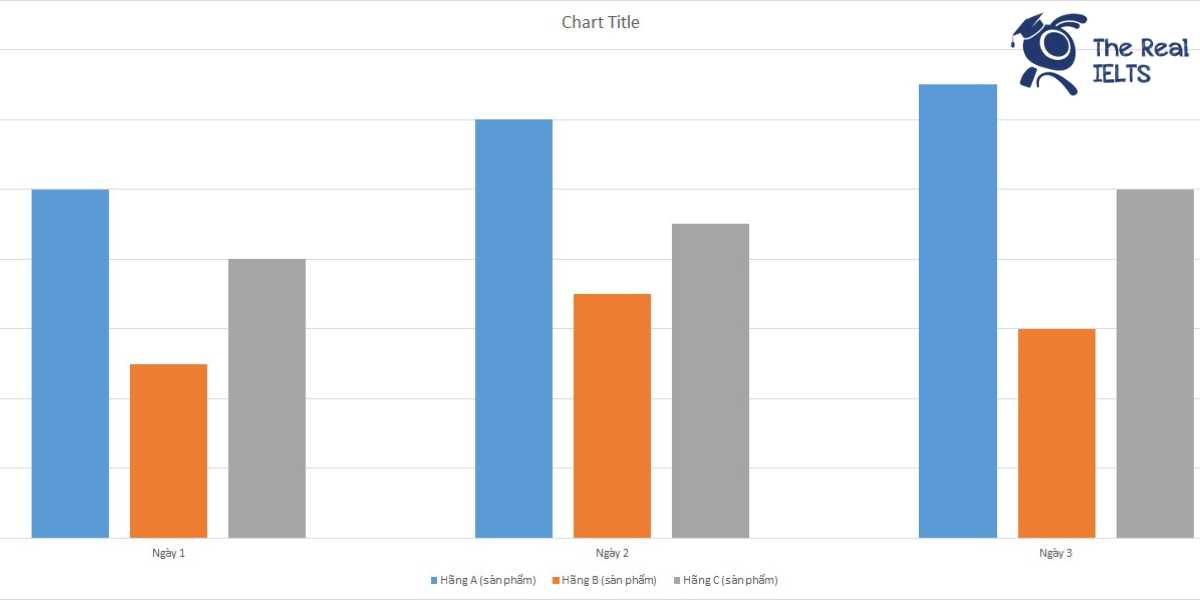Series luyện Writing Skill của The Real IELTS bài viết này có chủ đề Strategies for Effective Time Management.
Từ vựng và cụm từ vựng trong bài Writing Time Management
- Strategies for Effective Time Management – Chiến lược quản lý thời gian hiệu quả
- Time management – Quản lý thời gian
- Invaluable resource – Tài nguyên vô giá
- Once spent – Một khi đã dùng đi
- Cannot be regained – Không thể lấy lại được
- Mastering the art – Thạo nghệ thuật
- Personal and professional success – Thành công cá nhân và chuyên môn
- Solid foundation – Nền tảng vững chắc
- Clear understanding – Sự hiểu rõ ràng
- Fundamentals – Cơ bản
- Goals and priorities – Mục tiêu và ưu tiên
- Time wasters – Thất thời gian
- Currently utilized – Hiện đang sử dụng
- Efficient time management practices – Thực hành quản lý thời gian hiệu quả
- Prioritization techniques – Kỹ thuật ưu tiên
- Eisenhower Matrix – Ma trận Eisenhower
- ABC Method – Phương pháp ABC
- Pareto Principle (80/20 Rule) – Nguyên tắc Pareto (Quy tắc 80/20)
- Setting SMART Goals – Thiết lập Mục tiêu SMART
- Clarity and direction – Sự rõ ràng và hướng dẫn
- To-Do Lists – Danh sách công việc cần làm
- Time Blocking and Chunking – Chia khối thời gian và nhóm
- Multitasking – Đa nhiệm
- Mental fatigue – Mệt mỏi tinh thần
- Technology Tools – Công cụ công nghệ
- Calendar apps – Ứng dụng lịch
- Task management apps – Ứng dụng quản lý công việc
- Time-tracking apps – Ứng dụng theo dõi thời gian
- Overcoming challenges – Vượt qua thách thức
- Procrastination – Trì hoãn
- Distractions – Sự phân tâm
- Saying no effectively – Nói không một cách hiệu quả
- Structured schedule – Lịch trình cấu trúc
- Continuous improvement – Cải thiện liên tục
- Unlock their full potential – Mở khóa tiềm năng đầy đủ của họ
- Fulfilling lives – Cuộc sống đáng sống
Dàn ý triển khai:
I. Introduction
A. Definition of Time Management
B. Importance of Time Management
C. Overview of the Discussion
II. Understanding Time Management
A. Defining Goals and Priorities
B. Identifying Time Wasters
C. Analyzing Time Usage
III. Strategies for Effective Time Management
A. Prioritization Techniques
- Eisenhower Matrix
- ABC Method
- Pareto Principle (80/20 Rule)
B. Setting SMART Goals
C. Creating To-Do Lists - Daily
- Weekly
- Long-term
D. Time Blocking and Chunking
E. Avoiding Multitasking
F. Utilizing Technology Tools - Calendar Apps
- Task Management Apps
- Time-tracking Apps
IV. Overcoming Time Management Challenges
A. Dealing with Procrastination
B. Managing Distractions
C. Saying No Effectively
D. Delegating Tasks
E. Setting Boundaries
V. Implementing Time Management in Daily Life
A. Creating a Daily Routine
B. Reviewing and Adjusting Strategies
C. Seeking Feedback and Accountability Partners
VI. Conclusion
A. Summary of Key Points
B. Encouragement for Practice and Persistence
C. Closing Remarks
Bài viết gợi ý
Strategies for Effective Time Management
Introduction
Time is an invaluable resource that, once spent, cannot be regained. Thus, mastering the art of time management is crucial for personal and professional success. In this article, we will explore various strategies aimed at enhancing time management skills to achieve greater productivity and fulfillment.
Understanding Time Management
Effective time management begins with a clear understanding of its fundamentals. This entails defining goals and priorities, identifying time wasters, and analyzing how time is currently utilized. By gaining insight into these aspects, individuals can lay a solid foundation for efficient time management practices.
Strategies for Effective Time Management
- Prioritization Techniques: Utilizing methods such as the Eisenhower Matrix, ABC Method, and Pareto Principle (80/20 Rule) enables individuals to prioritize tasks based on their importance and urgency.
- Setting SMART Goals: Establishing Specific, Measurable, Achievable, Relevant, and Time-bound goals provides clarity and direction, facilitating better time allocation.
- Creating To-Do Lists: Daily, weekly, and long-term to-do lists help organize tasks and ensure nothing falls through the cracks.
- Time Blocking and Chunking: Allocating specific time blocks for different activities and grouping similar tasks together enhances focus and productivity.
- Avoiding Multitasking: Focusing on one task at a time prevents mental fatigue and improves efficiency.
- Utilizing Technology Tools: Calendar apps, task management apps, and time-tracking apps offer valuable support in managing schedules and staying on track.
Overcoming Time Management Challenges
Despite the best intentions, challenges such as procrastination, distractions, and difficulty in saying no often hinder effective time management. However, by implementing strategies to address these obstacles, individuals can regain control over their time and productivity.
Implementing Time Management in Daily Life
The key to successful time management lies in its consistent application in daily routines. By creating a structured schedule, regularly reviewing and adjusting strategies, and seeking feedback and accountability, individuals can cultivate habits that promote efficient time utilization.
Conclusion
In today’s fast-paced world, mastering the art of time management is essential for personal and professional growth. By employing the strategies outlined above and committing to continuous improvement, individuals can unlock their full potential, achieve their goals, and lead more fulfilling lives.
Đọc lại: Writing skill part 3: The Importance of Critical Thinking in Problem Solving.















